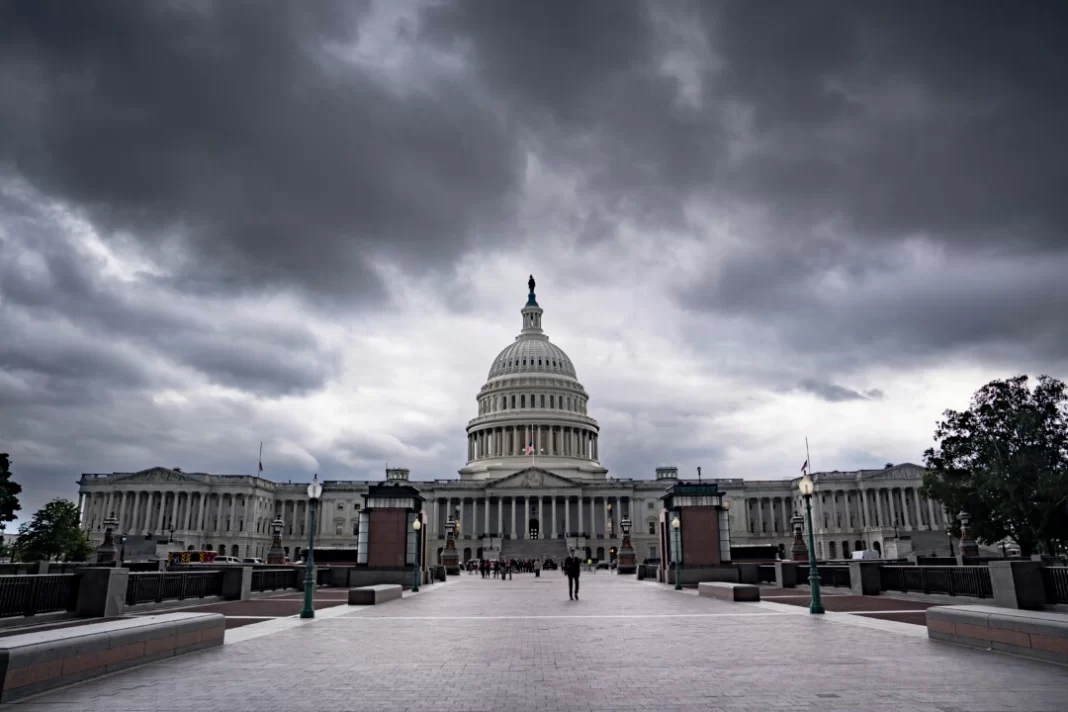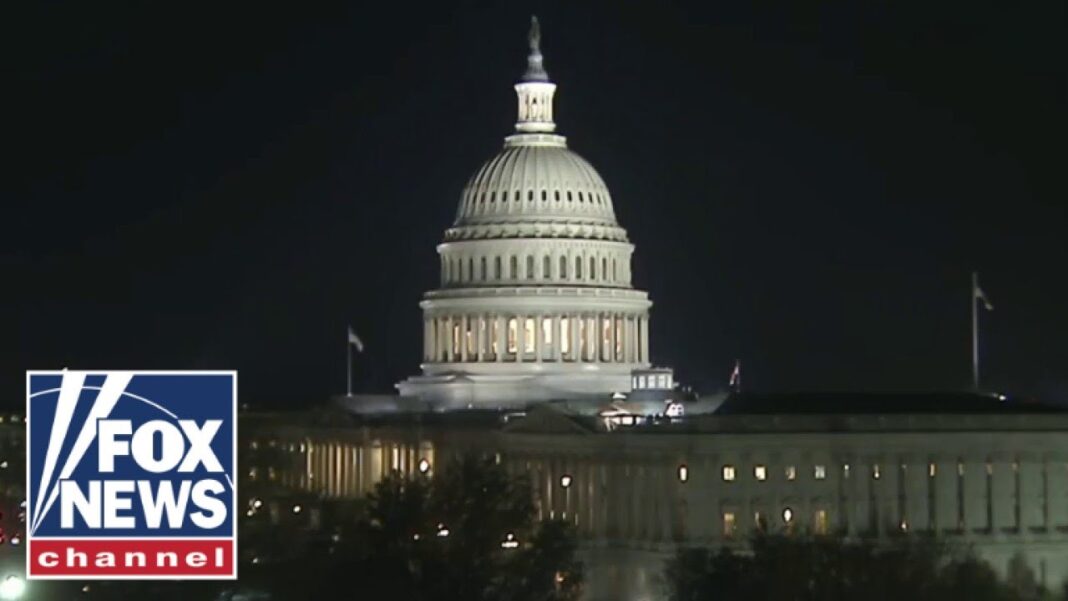
Some essential workers are not furloughed and continue with the basic duties of government, such as protecting the homeland.
Unless Congress funds the government past Dec. 20, there will be a shutdown. Such an occurrence could have major ramifications, though it may not be all doom and gloom.
The longest shutdown was 34 days during the Trump administration between December 2018 and January 2019.
The possibility of a shutdown comes after President-elect Donald Trump chimed in on a bipartisan bill to fund the government through March 14 that included other legislation such as a one-year extension of the farm bill, disaster relief, and transferring control of RFK Memorial Stadium from the federal government to the District of Columbia.
House Republicans scrapped several provisions from that plan and released a new bill on the evening of Dec. 19 that would have suspended the debt ceiling until the end of January 2027.
“Increasing the debt ceiling is not great but we’d rather do it on Biden’s watch,” Trump and Vice President-elect JD Vance wrote in a Dec. 18 joint statement posted to Truth Social. “Let’s have this debate now. And we should pass a streamlined spending bill.”
This bill, known as a continuing resolution, would have funded the government at current levels. However, it was rejected in a 235–174 vote.
Here is what would happen were there to be a government shutdown.
Essential Workers and Functions Continue
Just because the government shuts down, that doesn’t mean everyone is furloughed.
After all, the government still needs to perform its basic duties, such as protecting the homeland. Agencies that have many essential employees include the Department of Defense, Department of Homeland Security, and the FBI.
Essential employees also include Border Patrol agents, TSA agents, and FAA personnel. However, agencies warned of longer wait times, so people planning on taking a plane to visit friends and family might want to leave earlier than scheduled.
Each agency determines who would perform what the Office of Management and Budget (OMB) calls “excepted work.” Presidential appointees are not classified as such.






